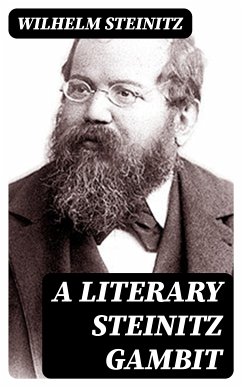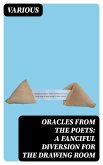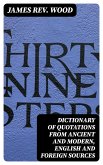In "A Literary Steinitz Gambit," Wilhelm Steinitz elegantly intertwines chess theory with literary exploration, presenting a unique narrative that reflects his profound understanding of both disciplines. The book adopts an analytical style, meticulously dissecting the intricacies of chess strategy while simultaneously engaging with themes of conflict, strategy, and intellect as they pertain to the human experience. Steinitz, often hailed as the father of modern chess, employs a rich vocabulary and metaphorical language that elevates chess from mere gameplay to a philosophical discourse, situating his work within both the literary canon and the historical context of the game's evolution. Wilhelm Steinitz, a formidable chess master and theorist active in the late 19th century, faced the challenges of his time with a mind that bridged the gap between mathematics, art, and competition. His seminal contributions to chess strategy, particularly the importance of positional understanding, inform the narrative structure of this book. Drawing from his own experiences as a champion, Steinitz's perspectives illuminate the mind's combativeness and the subtleties that define both great literature and great chess. "A Literary Steinitz Gambit" is an indispensable read for both chess enthusiasts and lovers of literature. It invites readers to contemplate the deeper implications of strategic thinking and the narratives we create in life's unpredictable game. By deftly combining intellectual rigor with narrative flair, Steinitz not only teaches but also inspires, making this work a valuable addition to both fields.
Dieser Download kann aus rechtlichen Gründen nur mit Rechnungsadresse in A, B, BG, CY, CZ, D, DK, EW, E, FIN, F, GR, H, IRL, I, LT, L, LR, M, NL, PL, P, R, S, SLO, SK ausgeliefert werden.









